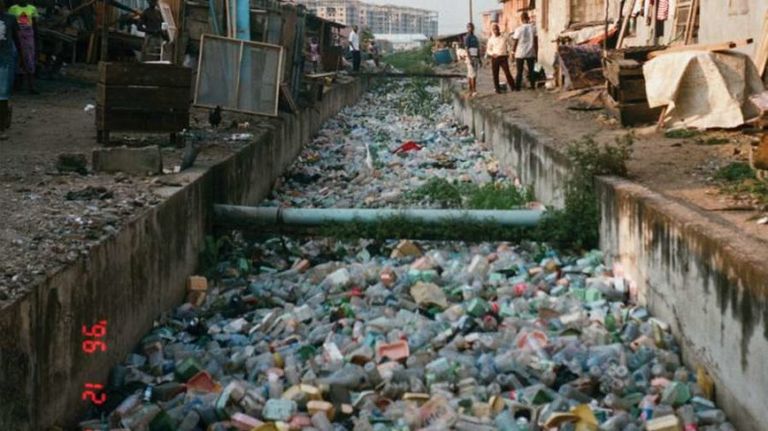Refuse dumping in water bodies poses significant environmental and public health hazards. When waste, including plastics, chemicals, and organic matter, is disposed of improperly in rivers, lakes, or oceans, it can have devastating consequences.
Firstly, refuse dumping contaminates water sources, endangering aquatic ecosystems and wildlife. Toxic chemicals from industrial waste can poison fish and other marine organisms, disrupting food chains and causing population declines. Plastics and other debris can entangle marine animals or be ingested, leading to suffocation, starvation, or internal injuries.
Furthermore, refuse dumping contributes to water pollution, compromising water quality and threatening human health. Contaminated water can spread waterborne diseases, such as cholera and dysentery, and cause respiratory ailments from toxic fumes released by decomposing waste.
Additionally, refuse dumping exacerbates flooding and erosion, as clogged waterways impede natural drainage and disrupt sediment transport.
In summary, refuse dumping in water bodies not only harms the environment and wildlife but also jeopardizes public health and exacerbates natural disasters, underscoring the urgent need for responsible waste management practices.

Upvoted. Thank You for sending some of your rewards to @null. Get more BLURT:
@ mariuszkarowski/how-to-get-automatic-upvote-from-my-accounts@ blurtbooster/blurt-booster-introduction-rules-and-guidelines-1699999662965@ nalexadre/blurt-nexus-creating-an-affiliate-account-1700008765859@ kryptodenno - win BLURT POWER delegationNote: This bot will not vote on AI-generated content